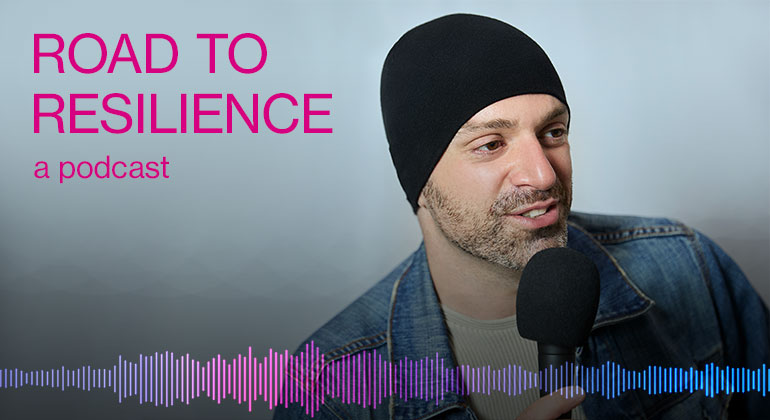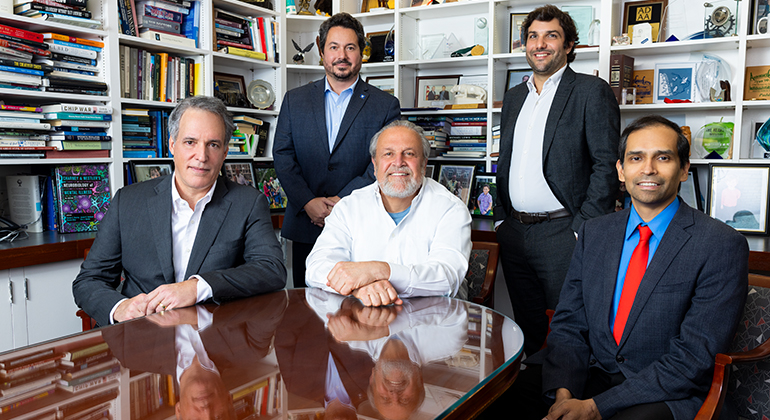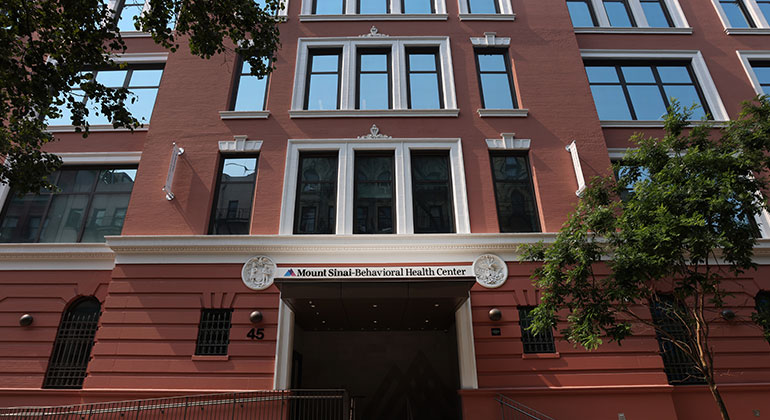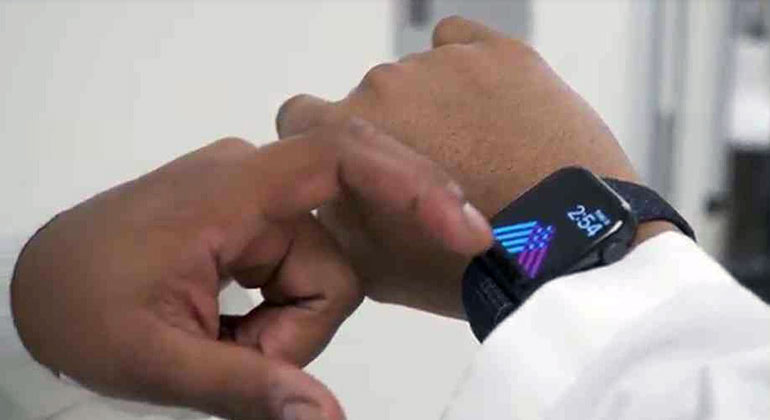"A Vaccine for Depression?"
In 1999, the same year the drug ketamine was declared a controlled substance in the United States, a Yale research team, co-led by Dennis Charney, MD, now dean of the Icahn School of Medicine at Mount Sinai, happened upon its antidepressant power and used ketamine to study glutamate, a brain signal associated with depression. The mood drugs in wide use now focus on modulatory neurotransmitters like serotonin. Ketamine, however, works directly on glutamate signaling. If ketamine is tapping into the root of the problem, this might explain why it works faster, better, and more often than more popular antidepressants. “Ketamine’s long-term safety is not known,” says Eric Nestler, MD, PhD, director of the Friedman Brain Institute at Mount Sinai. “No lasting ill effects are seen in anesthesia patients, who take much larger doses, but they haven’t received routine treatments, the way it is administered as an antidepressant.” Learn more.

The Mount Sinai Hospital Ranked Among World’s Best in Newsweek/Statista Rankings
Mar 10, 2025 View All Press Releases
Mount Sinai Health System Launches New Season of Road to Resilience Podcast
Jun 13, 2023 View All Press Releases
Mount Sinai Reports Progress on Its Road Map for Action to Address Racism
Jun 07, 2023 View All Press Releases





